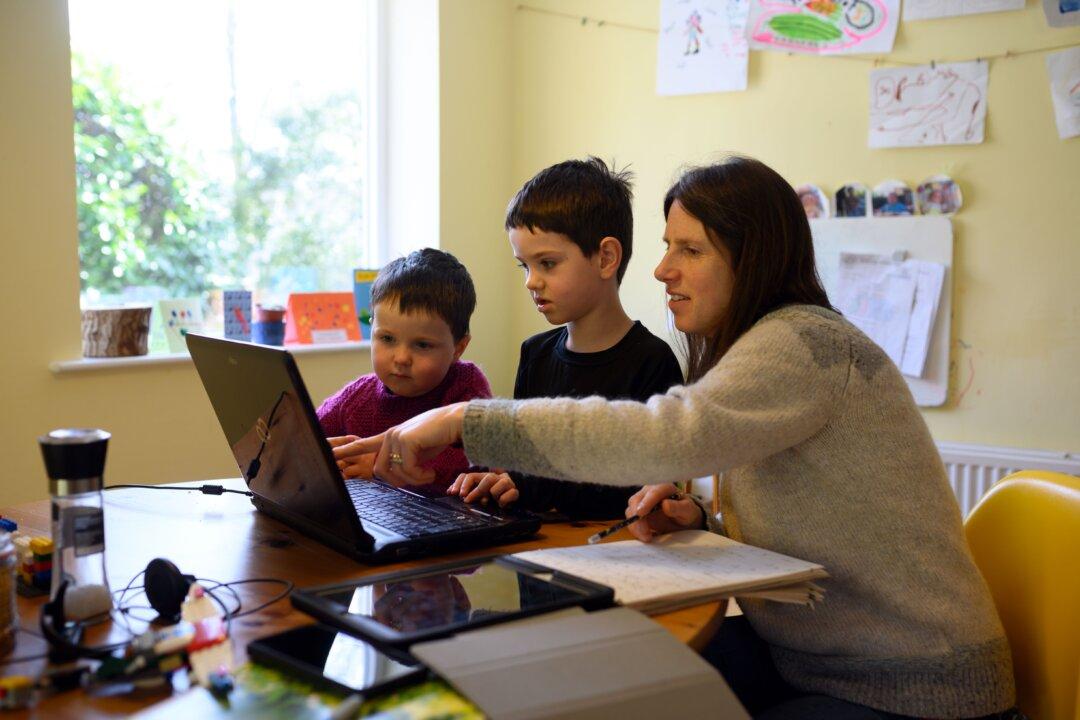Commentary
It took a while, but six decades after women started trading in bare feet for high heels, they’ve discovered something: Working and raising kids is hard. In fact, many days, it’s so hard, women choose not to do both at the same time, to the detriment of themselves and their kids.





